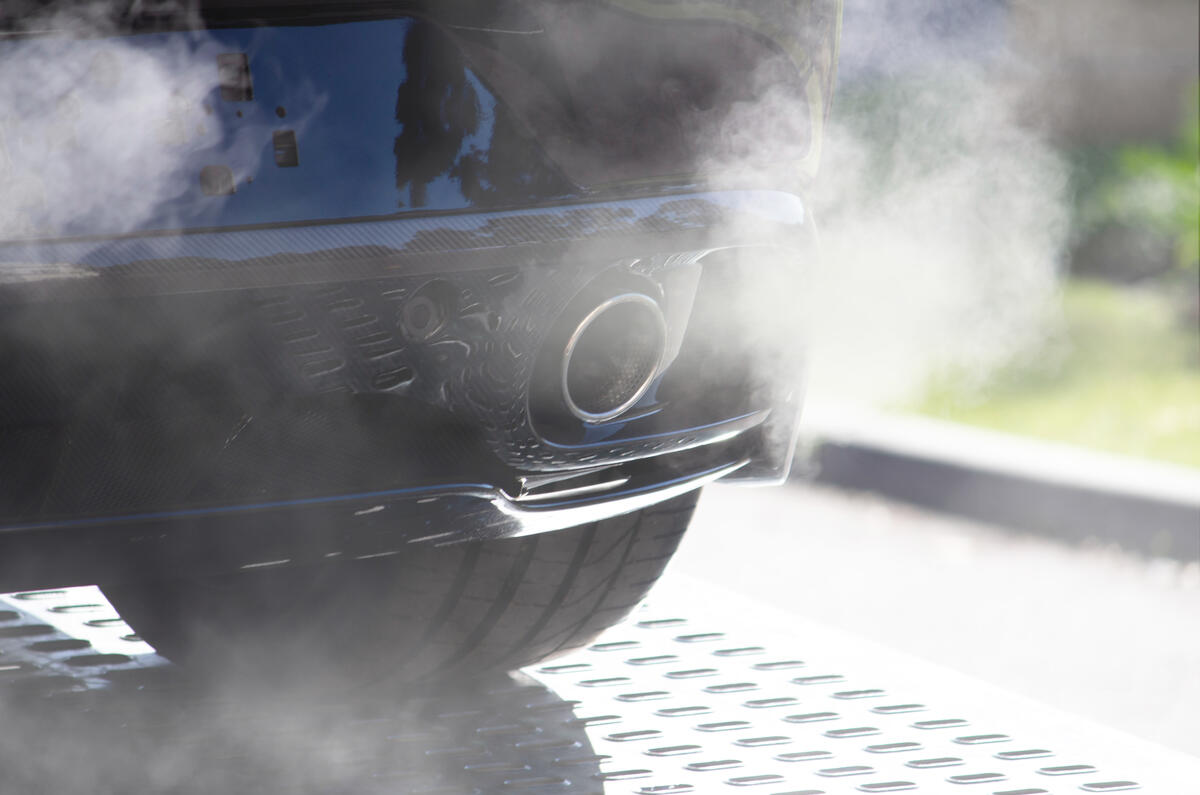Car-making giants including the Volkswagen Group and Stellantis have backed the European Commission’s pledge to relax the EU’s CO2 targets, which were this year made much harder to hit.
But a “surprised and frustrated” Volvo has slammed the proposed law changes and criticised both the Commission and its contemporaries for lobbying to weaken the targets.




Add your comment